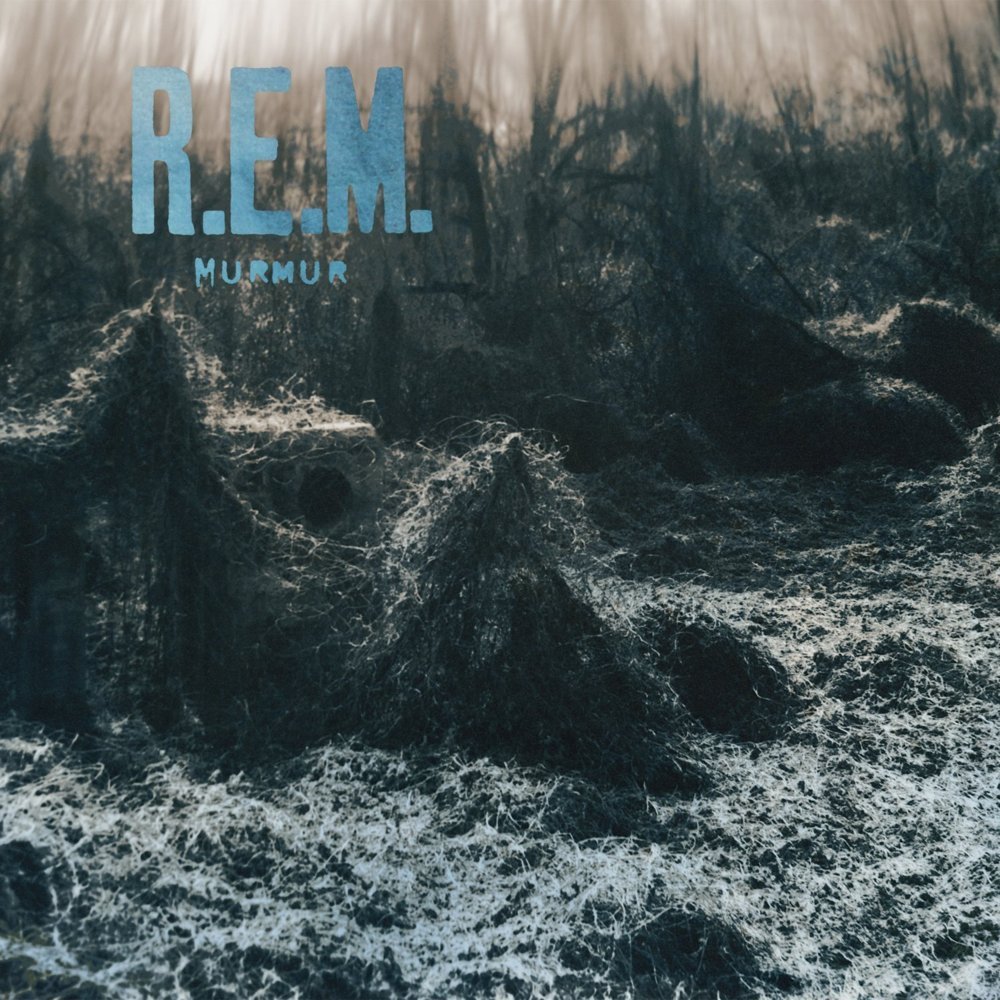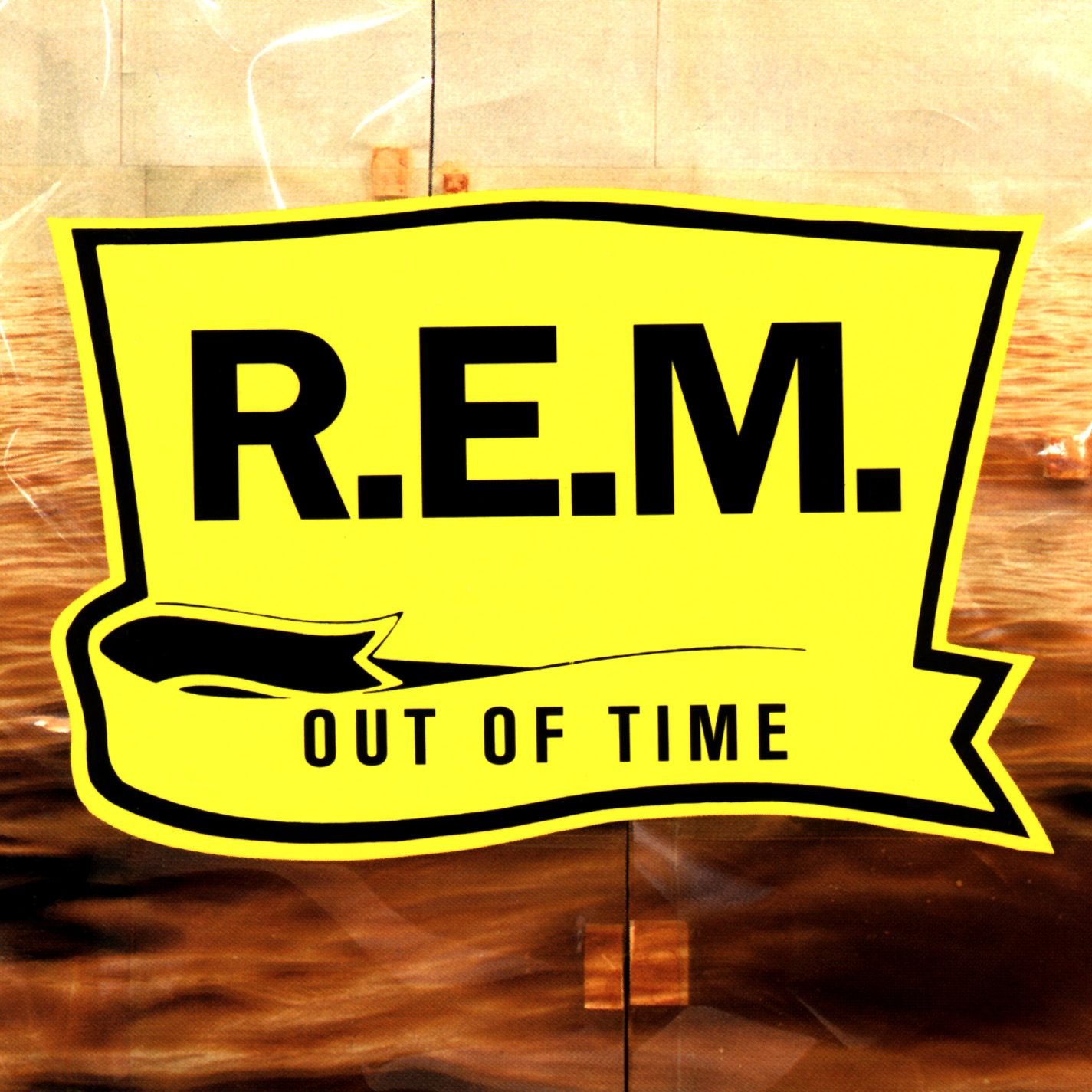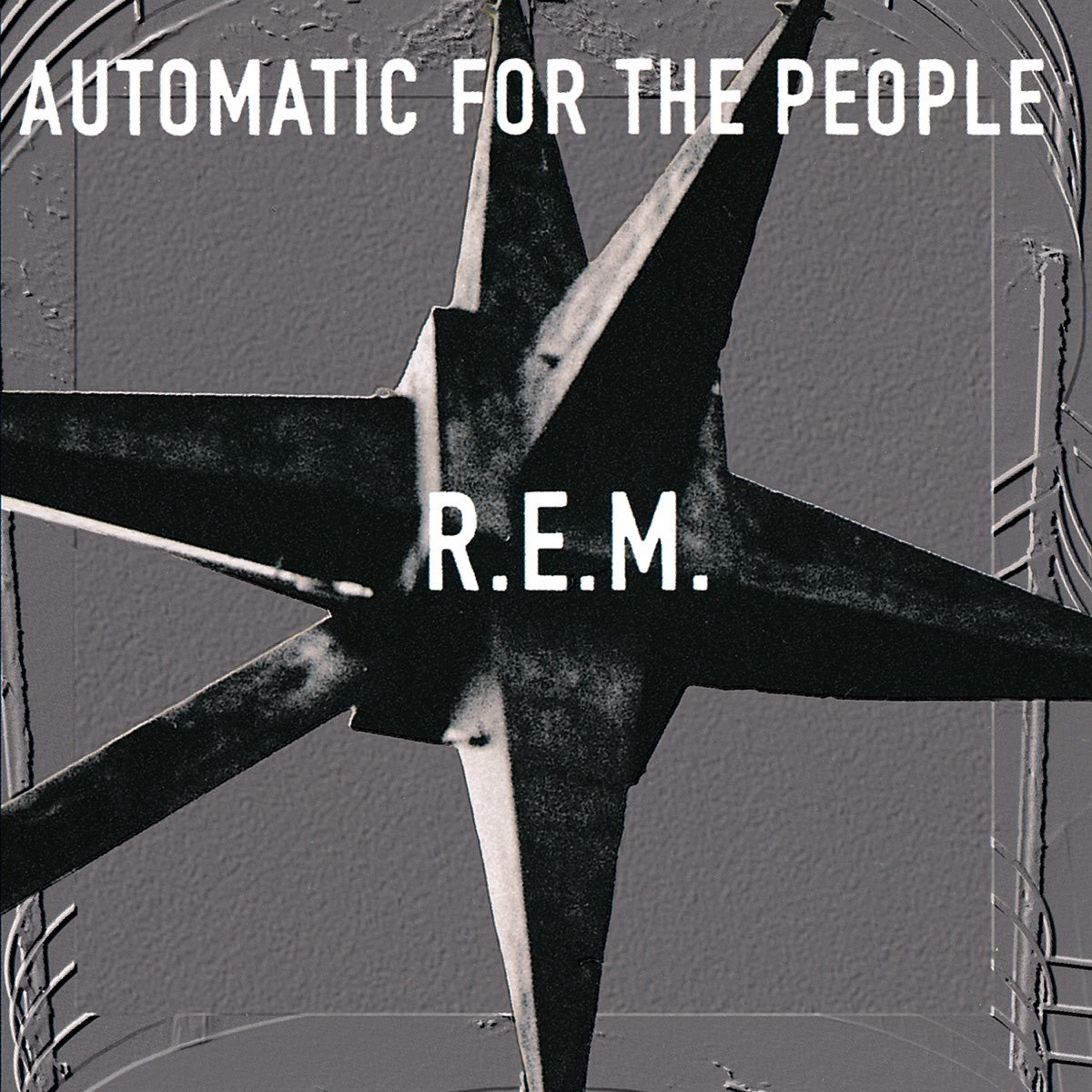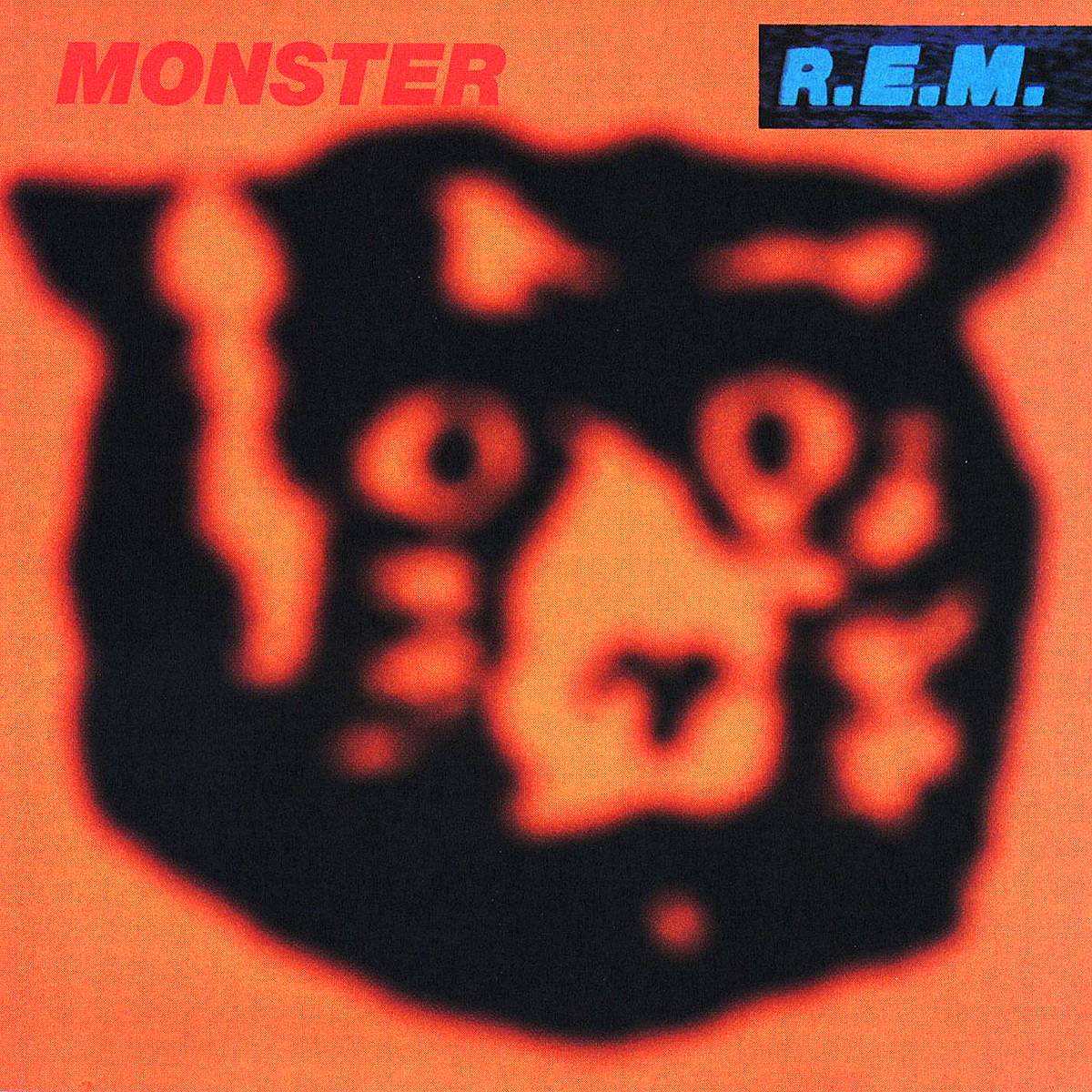Happy 40th Anniversary to R.E.M.’s second studio album Reckoning, originally released April 9, 1984.
Released 40 years ago, Reckoning was the follow-up to R.E.M.’s acclaimed debut Murmur (1983), which received massive airplay on college radio stations across the US. If Murmur was their introduction to college radio, then Reckoning made the band one of the primary faces and voices of it.
After the release of Murmur, the band started working on their yet-to-be-named second album. By the time the fall of 1983 arrived, they had written a double album’s worth of songs. In Tony Fletcher’s 2003 book Remarks Made: The Story of R.E.M., lead guitarist Peter Buck recalled, "We were going through this streak where we were writing two good songs a week. We just wanted to do it; whenever we had a new batch of songs, it was time to record". After recording some songs with producer Eliot Mazer, the band went with Murmur producers Mitch Easter and Don Dixon.
Recording began on December 8, 1983 at Reflection Sound in Charlotte, North Carolina. The sessions took less than a month, but they did have their share of problems. R.E.M.’s label at the time was I.R.S. Records, which was known for its roster of college radio friendly new wave and alternative rock artists such as Wall of Voodoo, The Alarm and the English Beat. At the time the label found great mainstream success with the Go-Go’s, which in turn gave them a desire to produce more commercial product.
During the Reckoning recording sessions, the label was not shy about giving Easter and Dixon notes and suggestions. The producers quickly realized that they needed to shield the band from any label interference. Buck noted that part of the reason they recorded the album so fast was to get it done before anyone at I.R.S. showed up to listen to it.
The one noticeable difference between Murmur and Reckoning is the clarity in Michael Stipe’s vocals. On the former, Stipe’s vocals are buried in the mix and almost hidden, whereas on Reckoning, you can hear him clearly and his enunciation is better. You no longer had to strain to decipher what he was saying. Another improvement was Dixon and Easter recording the band using two microphones with the hope of achieving a sound similar to their live shows. It paid huge dividends and helped deliver one of the strongest albums in their catalog. This binaural method played up the strengths of each member of the band, from backing vocals to Bill Berry’s drumming, which was described by then-Rolling Stone writer Chris Connelly as “about as threatening as the Grenadian army.”
Listen to the Album:
Reckoning is by no means a concept album, but throughout the LP, water, death and loss are recurring themes. Stipe’s lyrics don’t exactly spell out the meaning of his songs, but instead they give the listener just enough to give their own interpretation.
“Harborcoat” is the opening track which features a nice back-and-forth between Stipe and Mike Mills: “They crowded up to Lenin with their noses worn off / (Tell her I will send hers ahead) / A handshake is worthy, if it's all that you've got / (You'll have done no wrong) / Metal shivs on wood pushed through our back / (Would I kiss her ass?) / There's a splinter in your eye and it reads 'react' / (Would I read the signs?) / R-E-A-C-T.” It’s one of the more upbeat tracks on the album and for the life of me, I have no idea what the song is about, and that’s okay. According to Marcus Gray’s book It Crawled from the South, in 1991, Stipe revealed that “Harborcoat” is a rewriting of The Diary of Anne Frank. Having discovered that fact while researching this article, I don’t think I can listen to the song the same way ever again.
“Pretty Persuasion” and “(Don’t Go Back to) Rockville” are two songs that R.E.M. had frequently played in their live shows since 1980 and the band initially did not want to include them on the album. They felt they had played it enough and they were bored with it.
Writer Bill Janovitz once wrote of “Pretty Persuasion,” “Only by reading the lyrics can one decipher what is going on, an anti-consumerism take on advertising.” This is suggested in the song’s initial verse and chorus: “It's what I want / Hurry and buy / All has been tried / Follow reason and buy / He's got pretty persuasion / She's got pretty persuasion / Goddamn, pure confusion / She's got pretty persuasion.” In a 2009 interview with Rolling Stone, Stipe gave a completely different take on the song. He stated, “It's about a couple of swingers, a straight couple who employ younger men and women and seduce them.” In my 40 years of listening to “Pretty Persuasion,” I never once thought of either of these interpretations. It is yet another example of how Stipe paints just enough of a picture to allow the listener room to put their own spin on it.
One of Reckoning’s more intense and dark moments is “Camera,” an homage to Stipe’s friend who was killed in a car accident. It is Stipe at his most raw and emotional. Easter wanted a better take on the track, but Stipe was more concerned with the emotion he put forth rather than the quality of his vocal. Stipe, Easter and Dixon made the right choice.
Enjoying this article? Click/tap on the album covers to explore more about R.E.M.:
From top to bottom, Reckoning is a solid LP that holds up well in comparison to many of its counterparts from 1984. Standout tracks like "So. Central Rain (I'm Sorry),” "Time After Time (Annelise)," and the previously mentioned "(Don't Go Back To) Rockville” placed Reckoning in many critics top albums of 1984 including a #6 ranking in The Village Voice Pazz & Jop poll for that year.
For me, it also marked the beginning of the end of an era during which R.E.M. were “our band” and we didn’t have to share them with the rest of the universe. Critics loved them and they had a steady fan base that would grow immensely by the time 1987 came along and Document was released.
It’s been nearly thirteen years since the amicable split of R.E.M. and looking back at their discography, I’m amazed by how they managed to experiment and evolve as artists while maintaining an intangible quality that captivated and solidified their loyal fan base. Reckoning is my favorite R.E.M. album and back then it made me think “one day these guys might become the biggest rock band in the world.” And for a brief moment in time, they were.
LISTEN:
Editor's note: this anniversary tribute was originally published in 2019 and has since been edited for accuracy and timeliness.





